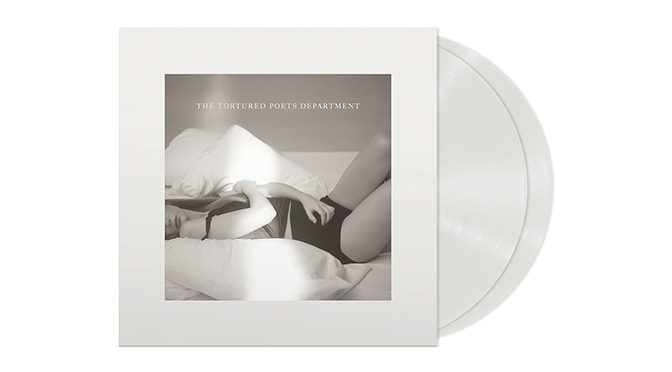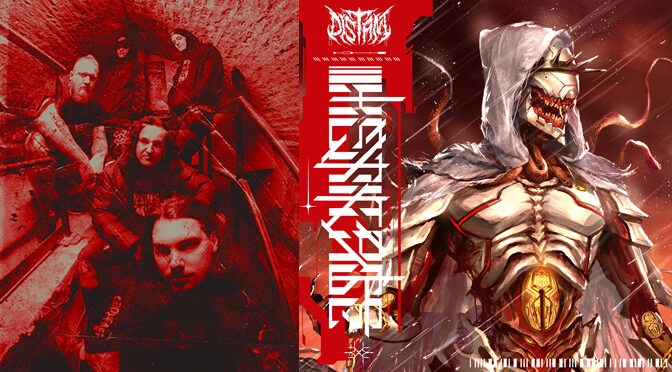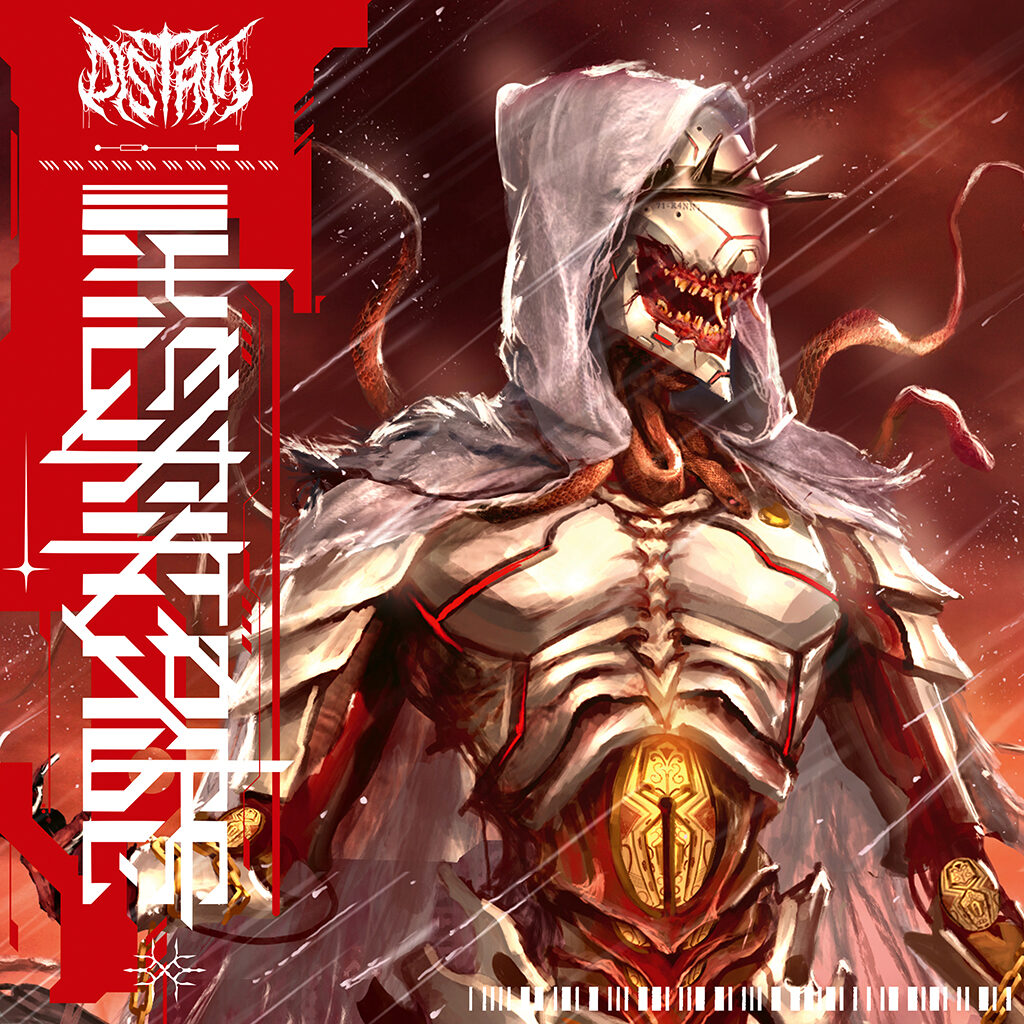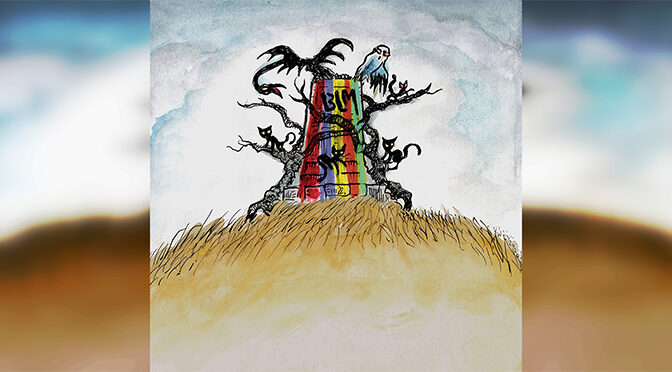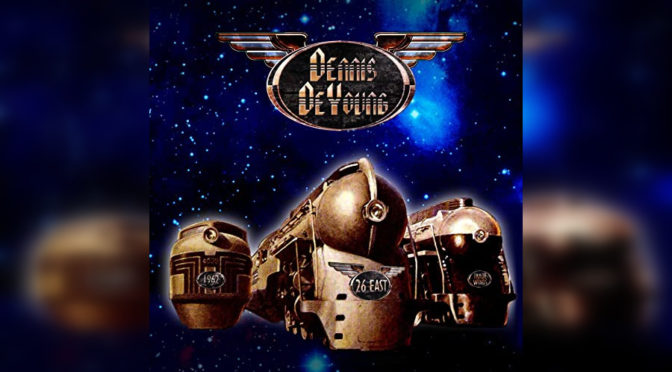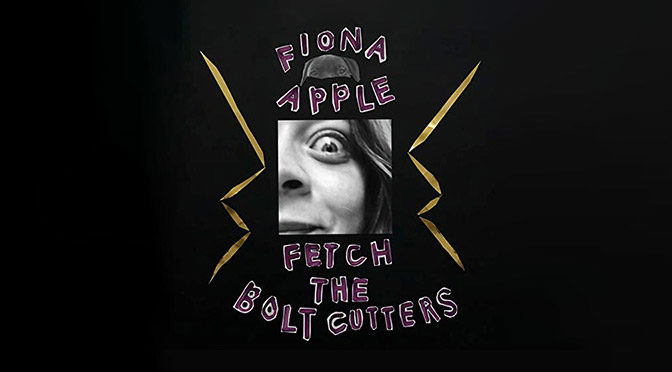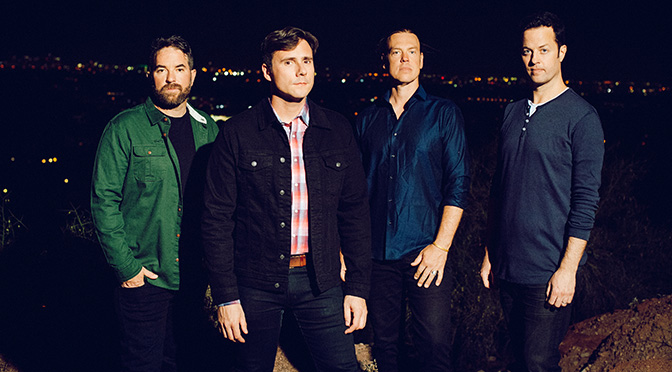WILLOW’s empathogen, released on May 3, 2024, emerges as a captivating blend of genres, heavily infused with jazz and maintaining an edge with rock, R&B, and dark pop music influences. empathogen is deeply embedded in black culture and musical traditions while exploring human imperfection and mental health struggles. This album solidifies her place as a transformative artist in contemporary music.
The album’s opener, “home” (feat. Jon Batiste), immediately sets the tone with percussive prominence that seems to be channeling African music in combination with jazz. Collaborating with Batiste, WILLOW creates a vibrant and dynamic track that celebrates her cultural roots while pushing musical boundaries. It leaves the listener wondering what to expect with the tracks to follow, and frankly, whatever they assume is most likely incorrect.
Throughout empathogen, WILLOW explores a diverse range of sounds and styles, showcasing her impressive versatility. In an unconventional usage of the term – I want to call the album “chaotic good”. She infuses moments with her signature style, offering intriguing vocal flourishes that fluidly transition between head voice and chest voice. One of the album’s standout features is WILLOW’s impressive vocal range, which she fearlessly exercises throughout each track. Her voice carries a beautiful timbre, and from soulful melodies, powerful belting, to yodeling, she effortlessly navigates wildly diverse vocal techniques with excellent control. When combined, it underscores her undeniable talent, along with masterful honing of skill. In “ancient girl,” she deftly employs vocal flipping techniques while remaining monotonous for the most part, adding an intriguing layer to the track’s sonic tapestry.
There are a tremendously vast array of flavors of influence of a myriad of artists in empathogen, yet WILLOW asserts her distinct voice and identity. The fact that in many cases it is a bit of a challenge to put your finger on where you’ve heard some of these influences, in my opinion emphasizes how much she has taken them and made them her own, and they sound so well-executed and natural to her. The album’s musical atmosphere occasionally shares elements with Billie Eilish and BANKS. However, WILLOW incorporates experimental and ambient musicality that creates a unique sonic landscape.
Fun fact: WILLOW was actually slated to open for Billie Eilish on her “Happier Than Ever World Tour” in 2022, but had to let go of the opportunity due to production limitations. Can you imagine the power of the combination of these two artists in a line-up?!
Interestingly, despite missing out on that collaboration, WILLOW and Eilish are currently on somewhat synchronistic paths. WILLOW released her album this month, and she is gearing up to tour across North America with Childish Gambino starting in August. (WILLOW tour dates & tickets here)
Meanwhile, in the same month – today, in fact – Eilish released her latest album, entitled HIT ME HARD AND SOFT. She will be kicking off her tour in September, and it will journey across North America, Australia, Europe, the UK, and Ireland and span into 2025. (Billie Eilish tour dates &tickets here)
Beyond her celebrity status, WILLOW (Willow Smith) proves herself as a formidable artist, transcending preconceptions of being a “nepo-baby.” Her musical journey spans years, marked by phases of visibility and brilliance. WILLOW has released six studio albums and one album under the moniker THE ANXIETY in collaboration with Tyler Cole, demonstrating her continuous evolution. empathogen solidifies her place in the industry, showcasing her growth and maturity as an artist.
This album is incredibly divergent from the genres of her past work, such as the more heavily rock n’ roll <COPINGMECHANISM> (2022), as is her band’s self-titled album THE ANXIETY. Her debut album ARDIPITHECUS is more classifiable as indie. The difference in her sound throughout each album release was mentioned in a recent interview between WILLOW and Jimmy Fallon. This is a testament to those chaotic good, continuous switches in genre. WILLOW keeps her music fresh-sounding and full of dopamine-triggering, enthralling surprises.
As empathogen unfolds, listeners are treated to an auditory journey that defies expectations. Tracks like “symptom of life” highlight WILLOW’s ability to seamlessly blend genres, at the same time delivering introspective lyrics that resonate deeply with listeners. It never sounds out of place or inauthentic when WILLOW changes things up. When the upbeat, summary chorus hits, this particular track also makes you want to put on yellow heart-shaped sunglasses and enjoy a particularly cheerful-toned view while cruising down the road. Unlike her previous electric instrumentation-heavy work, empathogen initially relies on a lot of acoustic instrumentation, adding a raw and organic quality to her musical repertoire. The piano work in “symptom of life” is simply lovely.
Similarly, the introspective track “the fear is not real” captivates with its ethereal soundscape and emotive vocals – at times breathy, and others, executed in a way that gives the song a tone that tells a story of tension. The lyrics indicate the inner battle experienced when left alone with one’s thoughts – the intensity of aversion to allowing oneself to do so, while making an effort to accept it is an important process:
In the silence, I can hear inside my mind
In the silence, I can’t wear my disguise
In the silence, in the silence,
In the silence, I can hear inside my mind
In the silence, I don’t know what I’ll find
In the silence, in the silence,
Don’t really wanna feel the freedom
‘Cause the parts of me I can’t see, they
Wanna come out and fuel the fire, I don’t wonder why
Never want to let me fall to pieces
But it’s funny ’cause I think I need it
With another dive deep into herself, “False self” emerges as a standout on empathogen. Here, WILLOW bares her soul, with vocals that outcry with raw emotion, and a chorus that rips. The musicality of the track resonates with angsty dark pop elements, further adding to its depth and intensity. It features lyrics like, “My false self must die, it’s no surprise” and “Feel the answer change, I don’t wanna change, but I need to change.”
A guest appearance from St. Vincent in “pain for fun” adds an exciting dimension to the song, showcasing WILLOW’s ability to collaborate with other talented artists. St. Vincent, a stalwart in the music industry since 2003, brings her distinctive blend of indie rock and avant-garde pop to the track, enhancing its richness. Known for her innovative sound and acclaimed tracks like “Los Ageless,” St. Vincent’s collaboration with WILLOW adds a layer of depth and sophistication to empathogen. In parts, WILLOW utilizes her head voice, lending the track a softer, more effeminate quality. Honestly, an entire article could be written on all of the nuances of this 1 track alone.
This wasn’t WILLOW’s first time coacting with a widely-acclaimed artist in her music. Another instance was in her lately I feel EVERYTHING (2021) album tracks “t r a n s p a r e n t s o u l” and “Gaslight” featuring Travis Barker of Blink-182. “Gaslight” is very pop-rock and made me think about Avril Lavigne. Momentarily, I questioned whether my musical ear was serving me well, until I scrolled down the track list and saw the track “G R O W” featuring Avril Lavigne and Travis Barker. It simply cannot be overstated that WILLOW’s discography is delightfully unpredictable, but all of it is incredibly appealing. It’s ear candy, and I am confident that many existing fans will continue to enjoy her, despite the significant diversity in her sounds.
I apologize for the digression. Let us return to the review of empathogen…
“Down,” a brief down-tempo track, serves as a transitional piece leading to the solidly contrasting sound of “run!” – a single from the album that starts with a high chest voice like a yell, “I CAN’T GET OUT!” “Down”’s melancholic tone and Beyoncé-esque vocal quality provide a moment of introspection before the album’s energy shifts. And then, “i know that face.” is a very jazzy track.
One thing that has pervaded throughout all of her albums is apparent emotional maturity that continues to crescendo with each release, along with wisdom beyond her years, and high overall intelligence. She was just 15 when she released ARDIPITHECUS, and sometimes she sounds her age – such as when shouting with a higher pitch, yet in many other instances, she sounds grown up due her deep voice and her solid abilities. I cannot deny that is another way I draw a connection between Eilish and Smith – that “old soul” vibe.
“Acceptance is the key, acceptance gives me wings” – from the track “b i g f e e l i n g s”
That is not to say WILLOW has never released less mature music, or that a 10-year-old child should be required to. Her musical debut was in 2010 with the Billboard-charting “Whip My Hair” – you’ve probably heard it. I had, not knowing who the artist was. And while her father’s music was enjoyable in its own right, and it’s like comparing apples to oranges, his daughter’s music truly makes his songs sound like child’s play in comparison.
WILLOW’s clout may ebb and flow with public reception and industry dynamics, seeming to evade consistent well-deserved attention to her work and character. Yet, empathogen stands as a testament to her artistic vision, evolution as a musician, and unwavering commitment to her craft. With this album, she invites audiences to join her on a transcendent musical experience, where vulnerability meets strength and authenticity reigns supreme. WILLOW is poised to leave an indelible mark on the music industry for years to come.



